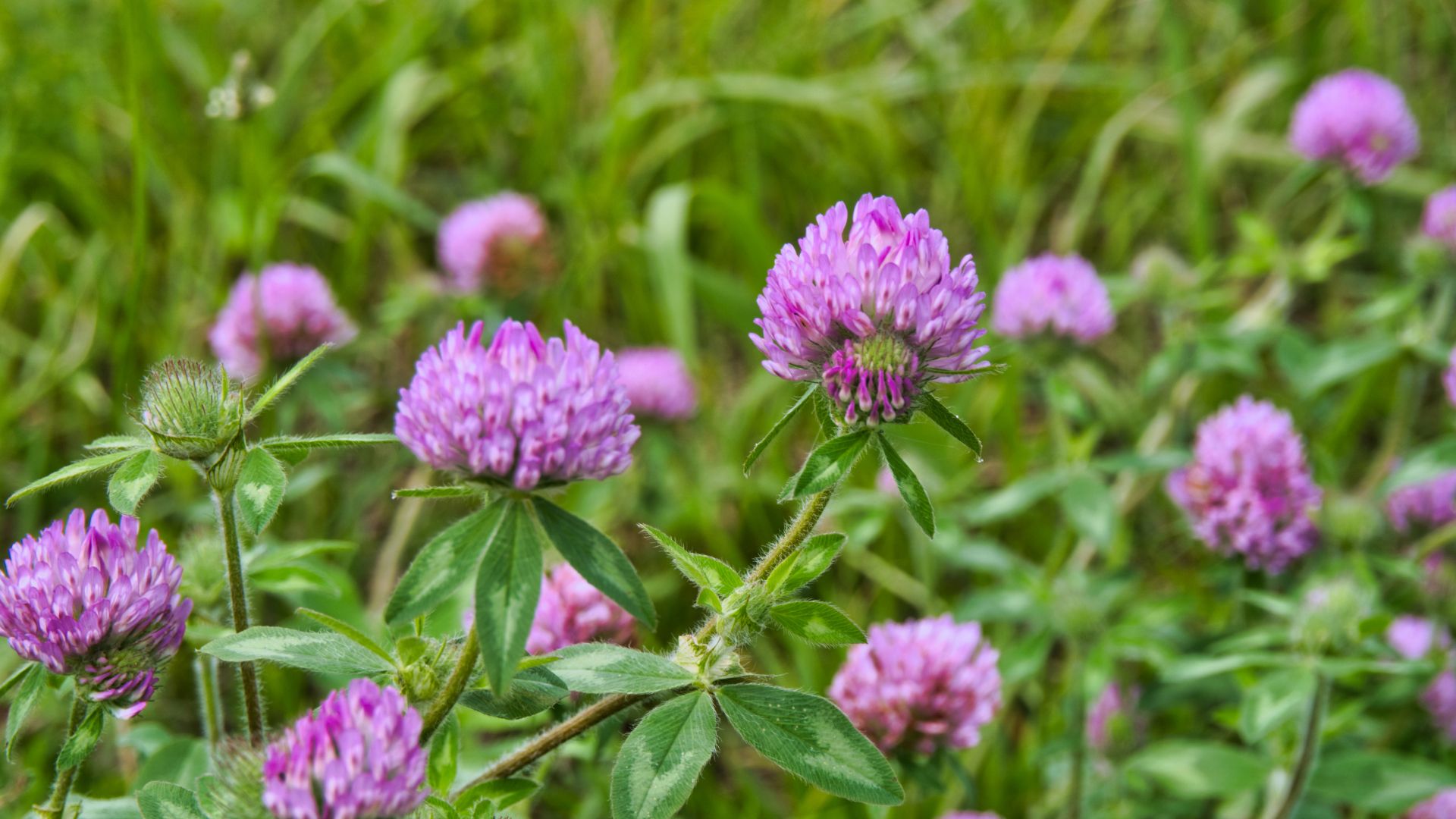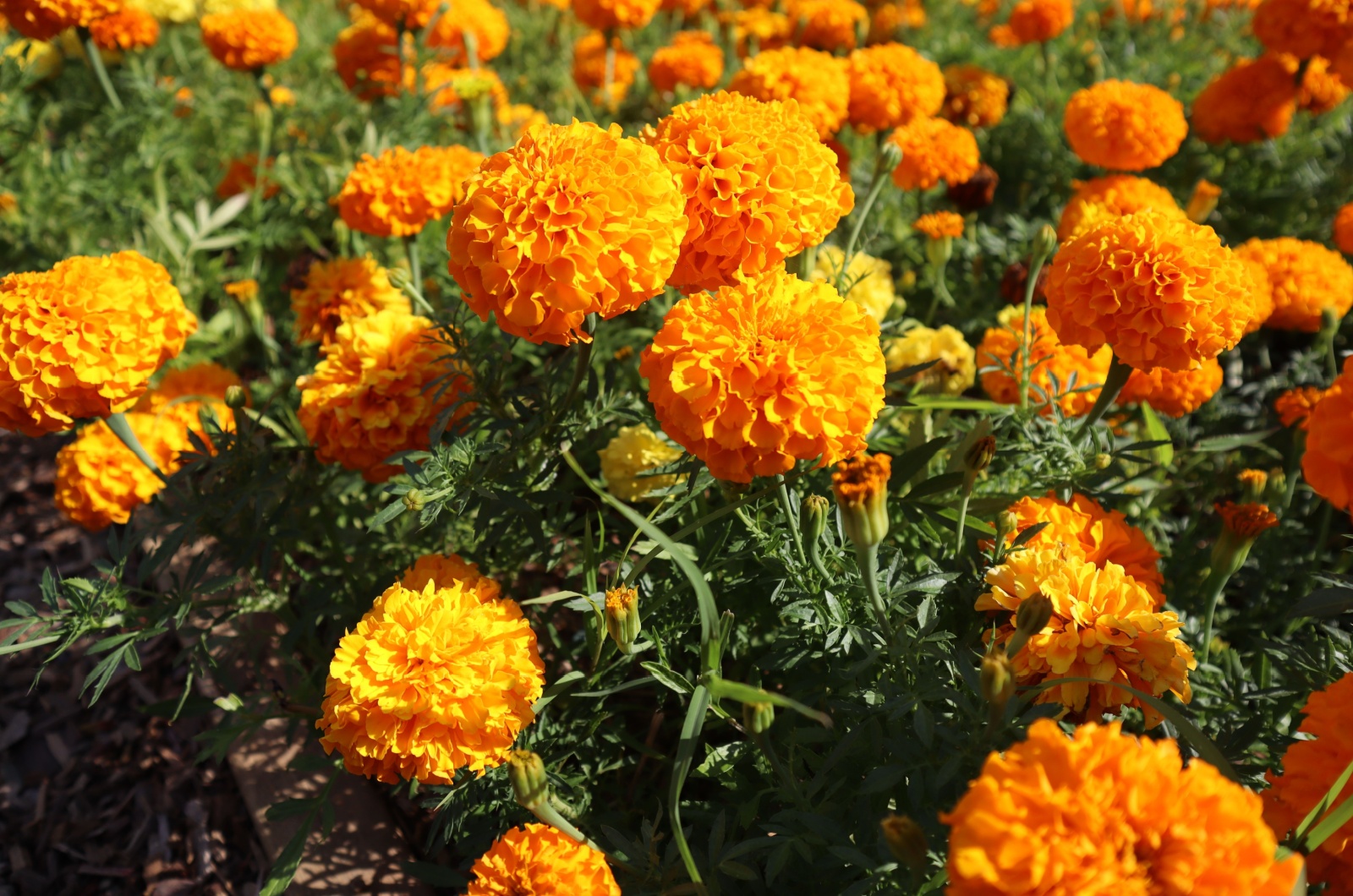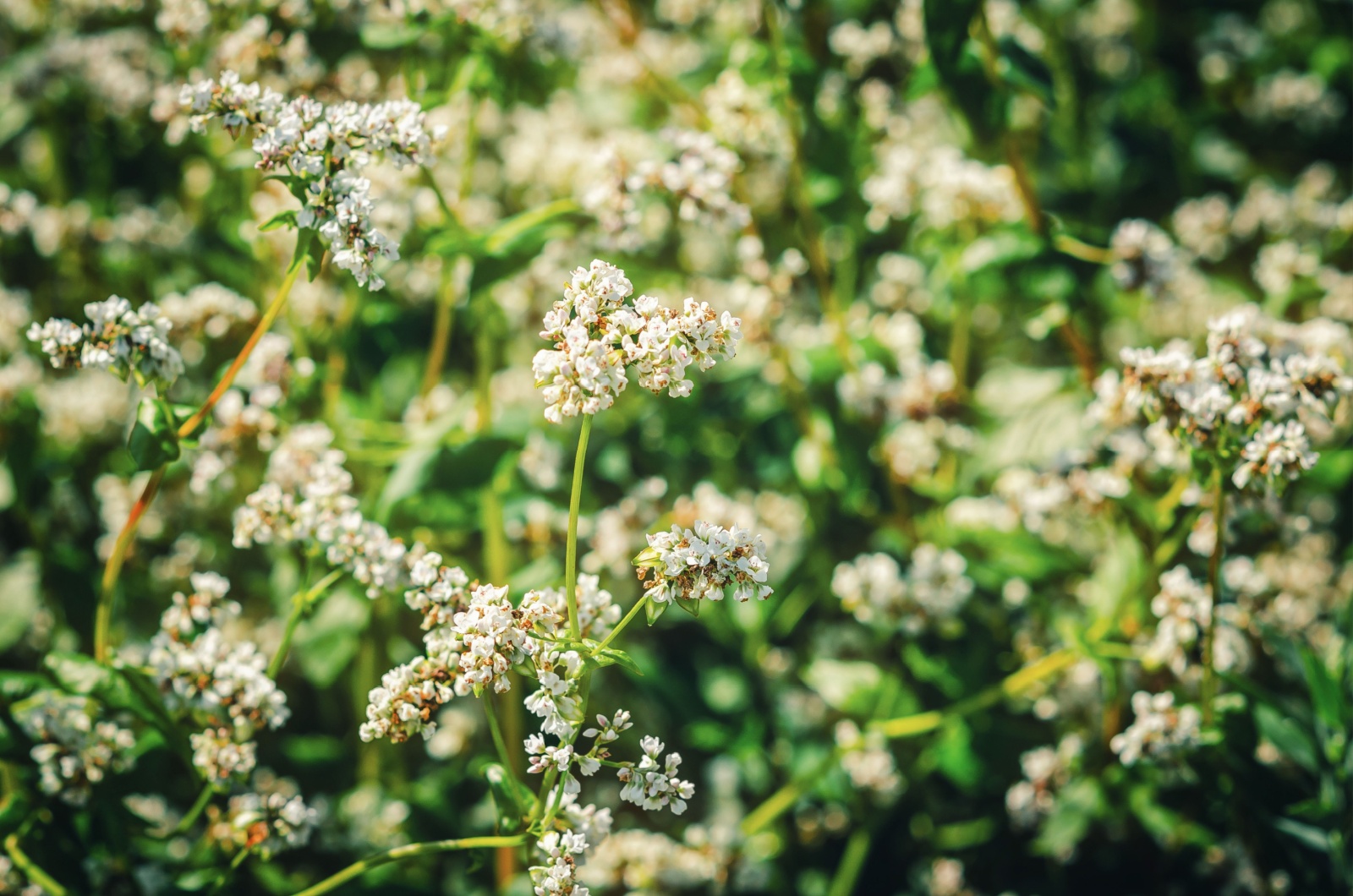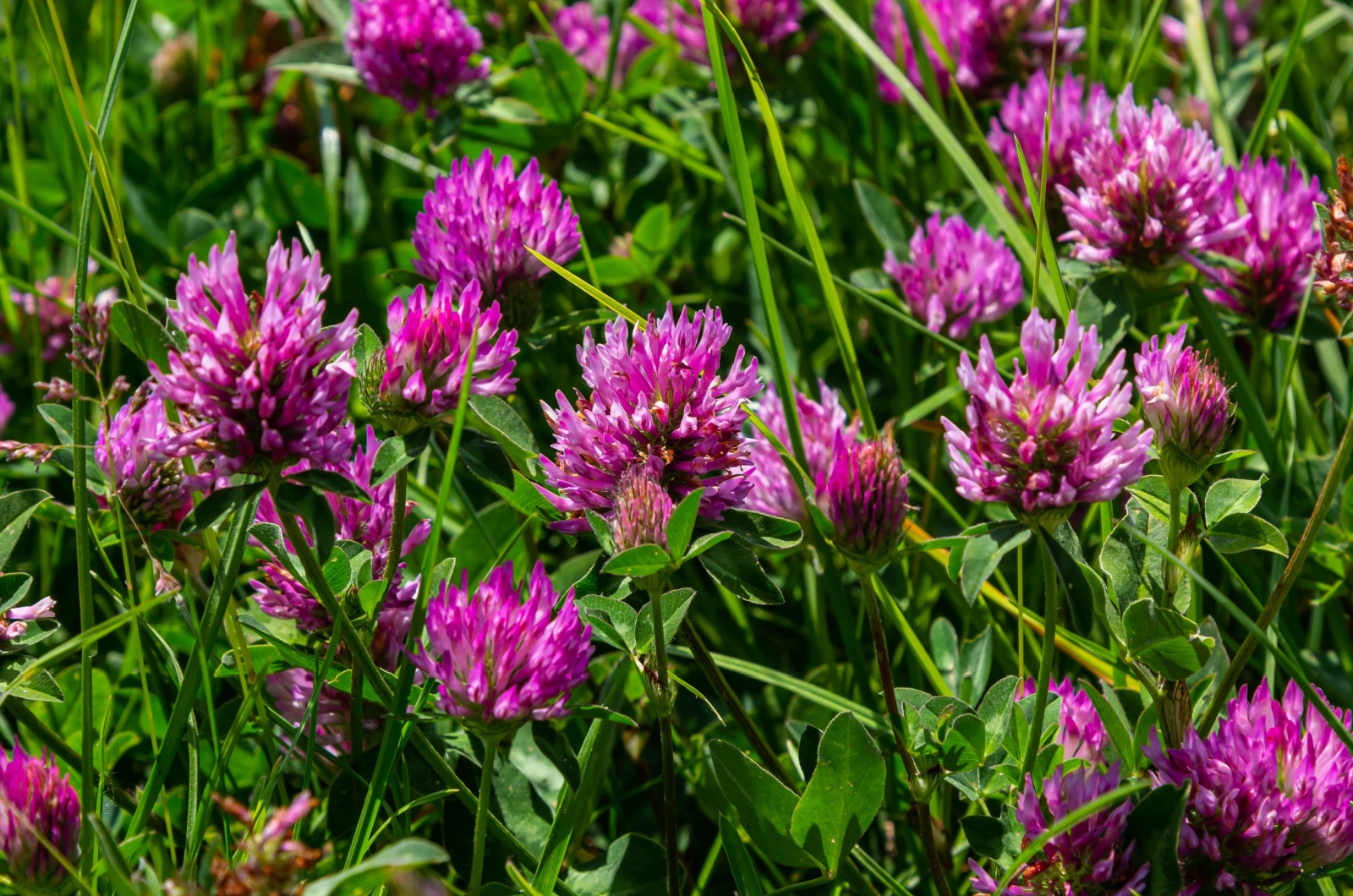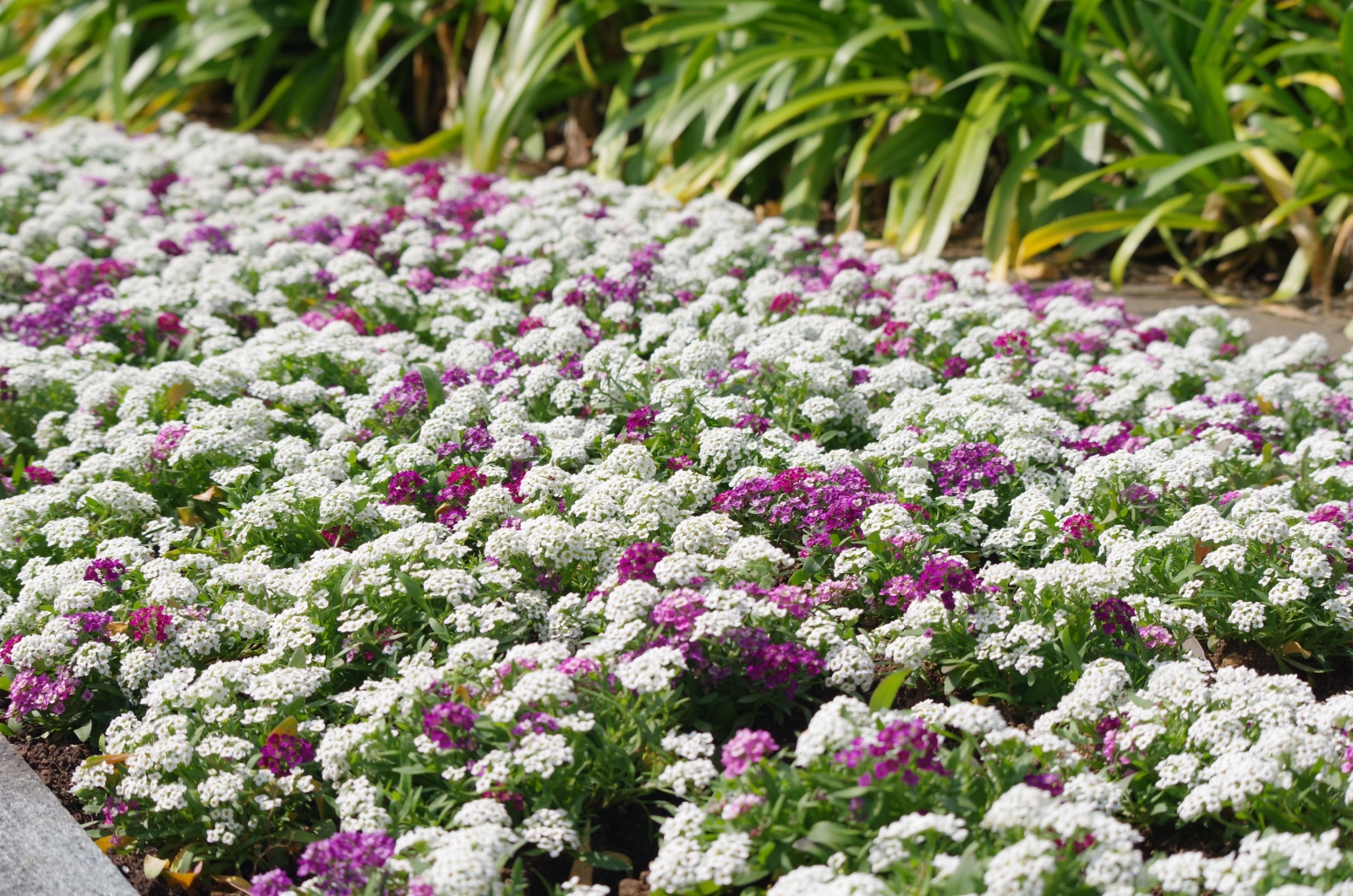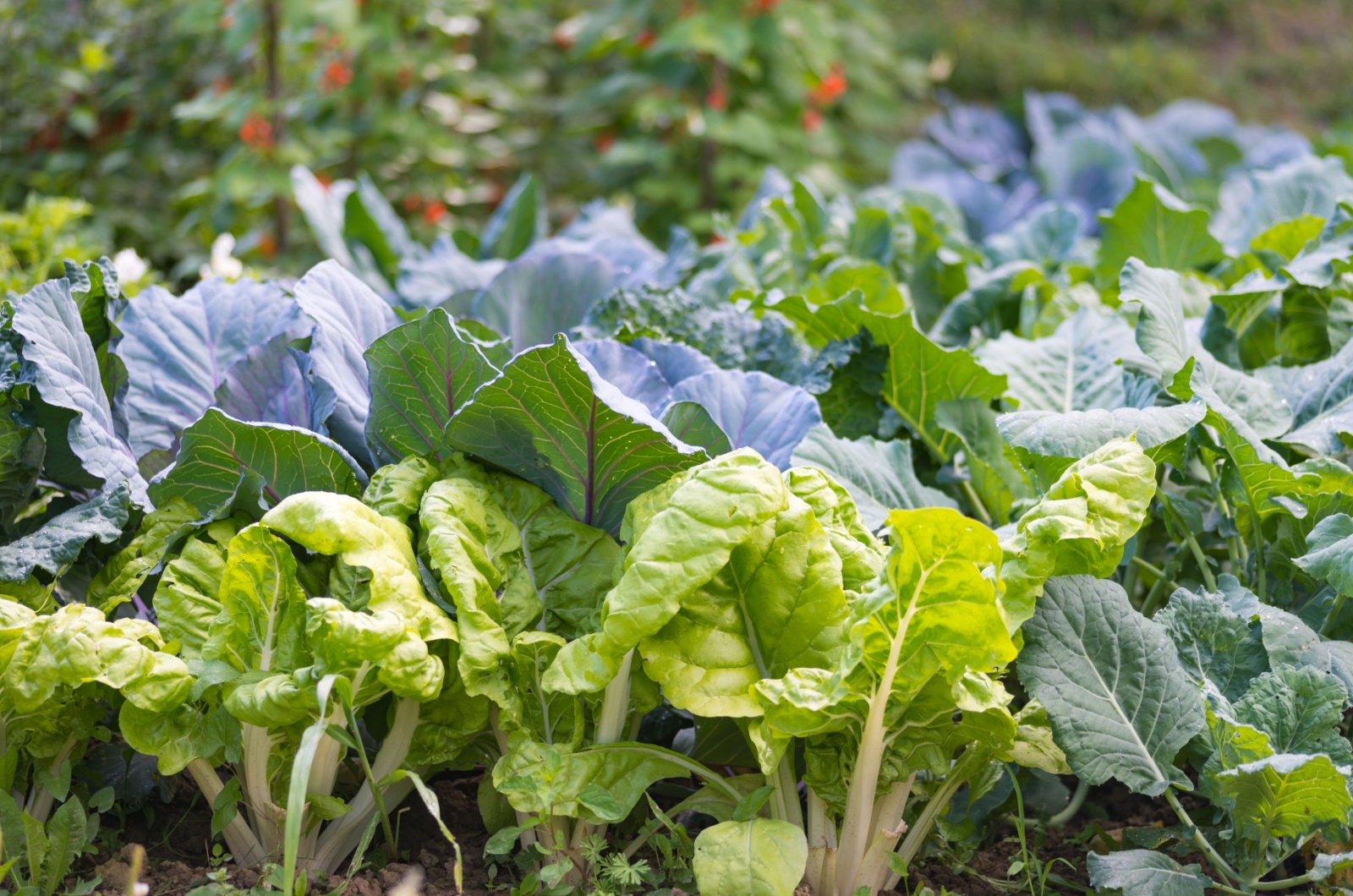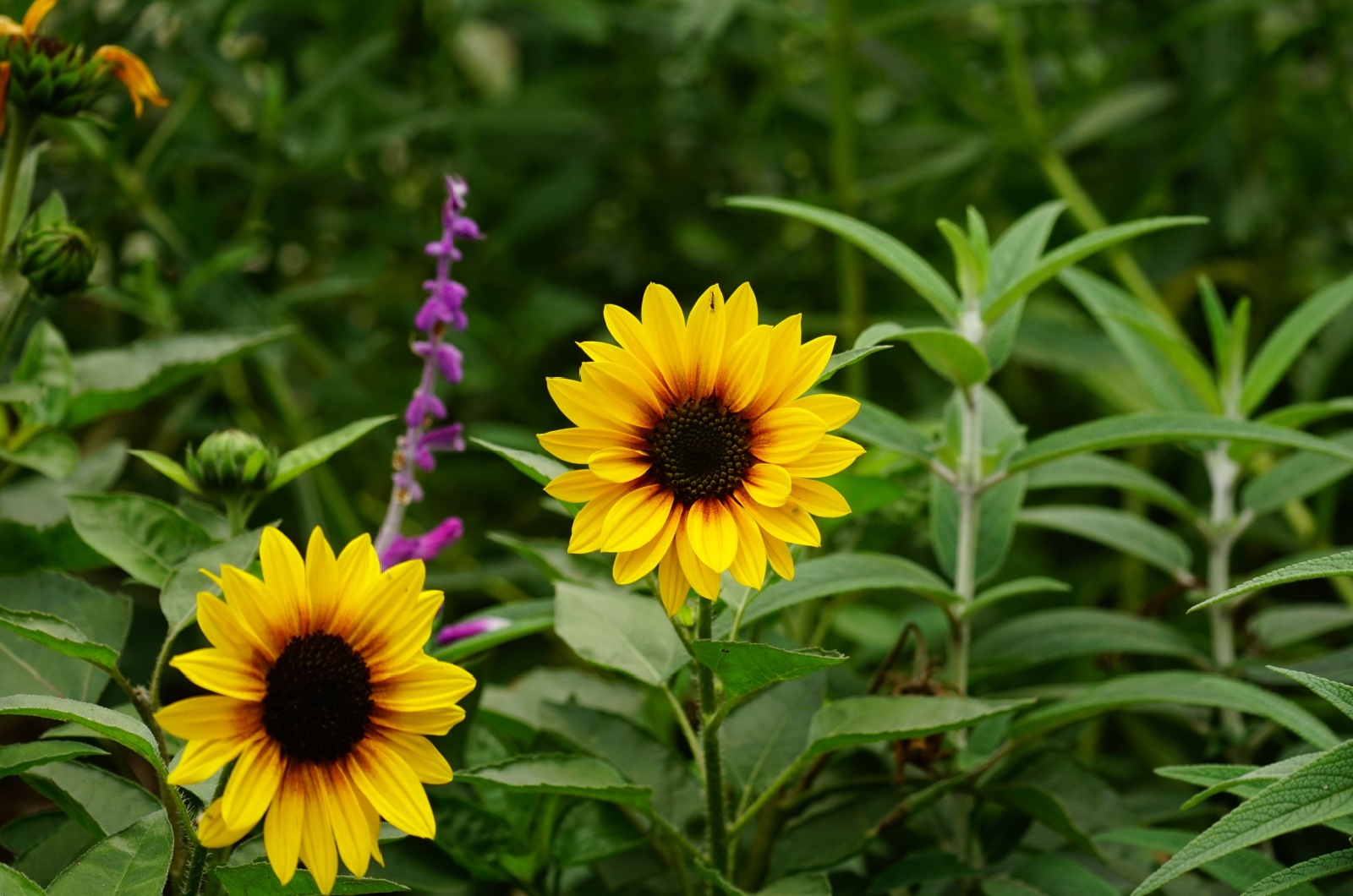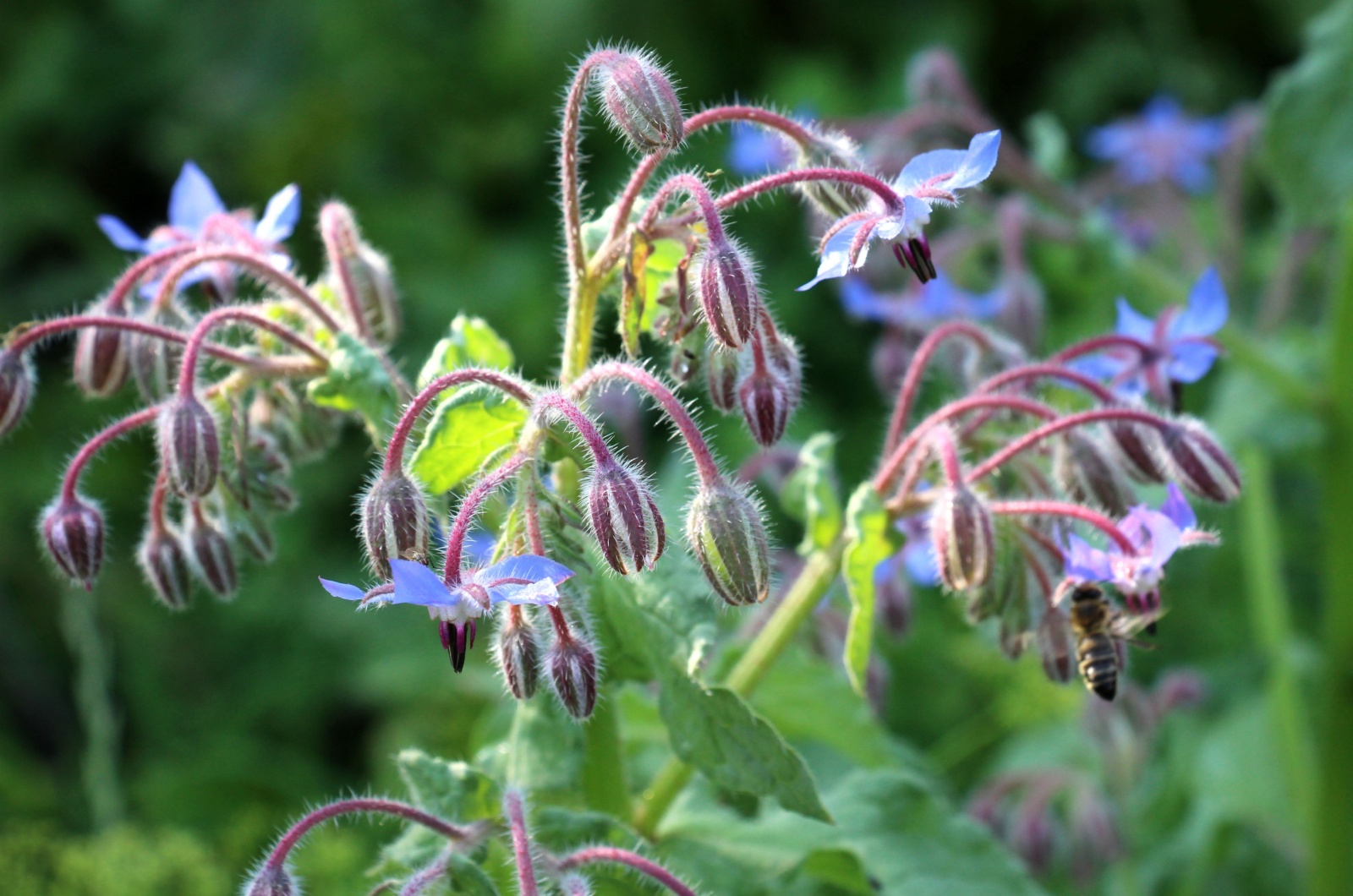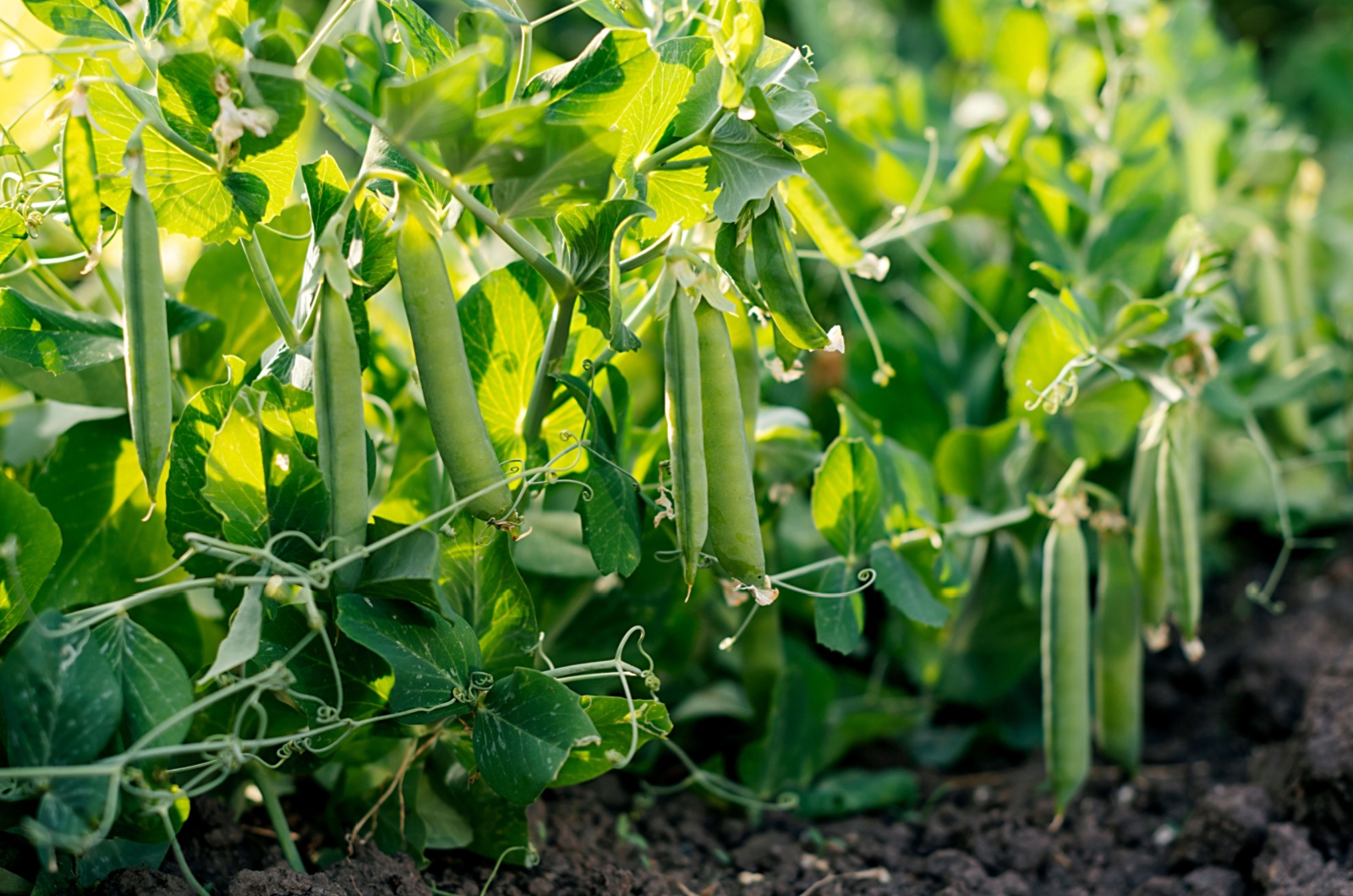If you’ve ever dealt with stubborn clay or lifeless sand in the garden, you know it’s all about getting that soil just right!
While some lucky gardeners have naturally rich, loamy soil, most of us need a little help. Luckily, there are certain plants that can significantly improve soil (no heavy bags or endless soil treatments required!).
You might be surprised to know that cover crops like clover or grasses might boost the soil’s nitrogen levels, while deep-rooted veggies like borage can help loosen up the soil.
Whatever your garden needs, there’s a plant to make it happen!
1. Marigolds Will Protect Nearby Plants
Marigolds are popular plants that most gardeners grow because of their cheerful blooms and relatively easy plant care. Another reason why you should grow marigolds is their ability to protect nearby plants from annoying pests.
You see, marigolds’ strong smell keeps the bugs away (especially those that love tomatoes). They also release stuff into the soil that keeps harmful pests like parasitic nematodes away.
In addition, these lovely blooms also attract friendly bugs like ladybugs or hoverflies (these can help you control aphids).
Related: 5 Mind-Blowing Facts About Marigolds You Probably Didn’t Know
2. Buckwheat Boosts Your Soil And Attracts Helpful Insects
Buckwheat is a great plant for giving tired soil a boost!
It thrives in poor, thin soil, and its roots help loosen and add air to the top layer. Besides being a nutritious grain, buckwheat’s flowers attract helpful pollinators like ladybugs, hoverflies, and tachinid beetles (these go after pesky bugs like aphids and mites).
Even better, buckwheat absorbs phosphorus from the soil and makes it easier for other plants to access (how cool is that?).
Related: 10 Simple Steps To Feed Your Soil In Fall
3. Red Clover Is Known As A Nitrogen Fixer
Red clover is a great choice if you’re aiming for a more natural, pollinator-friendly yard. Known as a “nitrogen fixer,” red clover can improve nitrogen levels in the soil (particularly if it’s left to grow back each year)
It self-seeds and spreads easily, which makes it ideal for lawns or wildflower areas, but less suited to flower beds where it might crowd out other plants.
Its lovely blooms not only attract bees and other pollinators but are also packed with health benefits, so you can dry them for various uses.
4. Alyssum Keeps The Soil Cool
Sweet alyssum is a charming, easy-to-grow annual that fills gardens with its fragrant flowers that grow in white, pink, lavender, or purple hues.
It’s often called a “living mulch” because it forms a dense, low-growing mat that keeps soil cool, holds in moisture, and helps block weeds.
Alyssum’s lovely flowers bloom for weeks – I use them for edging in my flower and vegetable beds, where it can also help improve soil health by acting as a natural shield for the ground.
5. Brassicas Have Numerous Benefits To The Garden
Brassicas are a family of nutrient-packed veggies like broccoli, cabbage, kale, and turnips. These plants have numerous benefits to the garden!
First, deep-rooted varieties like turnips break up heavy, compacted soil, which makes it easier for other plants to thrive. Secondly, brassicas grow fast and have big leaves that shade the ground, naturally crowding out weeds.
They’re also frost-tolerant, so they keep growing even in cooler months, releasing valuable nitrogen to enrich the soil late in the season.
Related: 6 Tips That Will Help You Improve Your Garden Soil And Grow Healthier Plants
6. Sunflowers Can Break Up Compacted Soil And Absorb Harmful Metals
Sunflower fields are popping up more often on farms, and for good reason!
Not only are sunflowers a profitable crop with seeds that can be harvested, but they’re also amazing for soil health.
With deep taproots, sunflowers help break up compacted soil and absorb harmful metals like lead, arsenic, and zinc, eventually making the soil safer for plants to grow.
There’s also a wide variety of sunflowers, so you can pick and choose the ones that suit your garden the most.
7. Borage Loosens Soil, Adds Nutrients, And Looks Pretty Too
Borage is a cute little plant with beautiful sky-blue flowers that are not just pretty – they’re edible, too!
Much like sunflowers, borage has a deep taproot that loosens compacted soil, improving drainage and helping nutrients move more freely.
This low-maintenance, drought-resistant plant also self-seeds (you can easily pull out the small plants before they spread too much).
When borage’s roots break down at the end of the season, they add valuable organic matter to the soil (free nutrients, yay!).
Related: 14 Reasons Why Everyone Should Grow Borage
8. Peas Improve Soil Quality While Giving You A Tasty Treat
Growing peas is a classic garden tradition – I mean, it’s a fast-growing, cold-hardy veggie that can be harvested just a few weeks after planting (what’s there not to like?).
Besides being a tasty treat, peas are also great for improving the quality of your soil. As legumes, they have the special ability to convert nitrogen from the air into a form that plants can absorb, which can encourage soil fertility and reduce the need for synthetic fertilizers.
Not only are you getting a delicious snack, but you’re also helping your garden thrive!
So, skip the extra soil additives that might do more harm than good – just plant these soil-friendly plants and you’ll see the difference fast!
Related: Improve Your Garden Soil With These 5 Simple Methods

